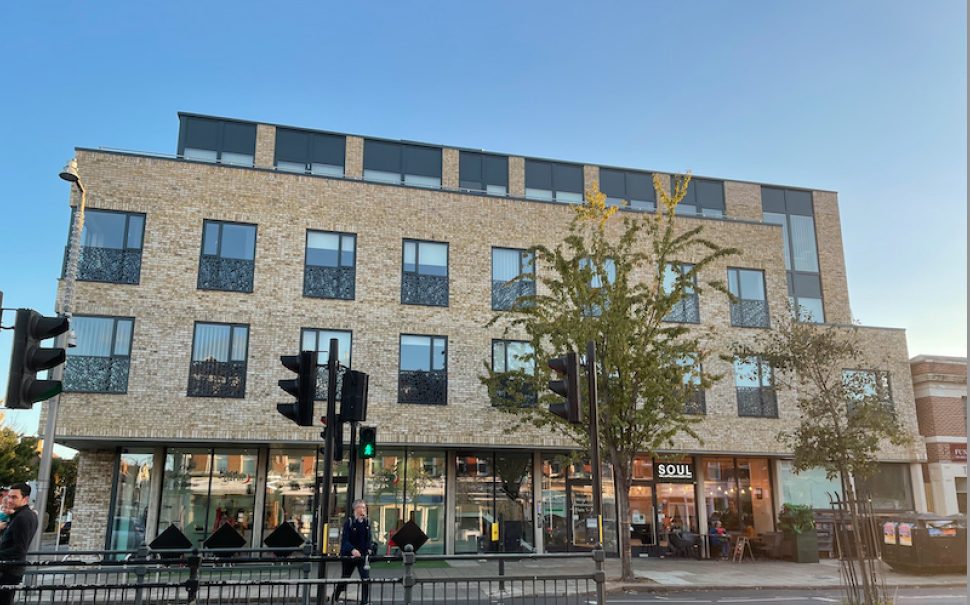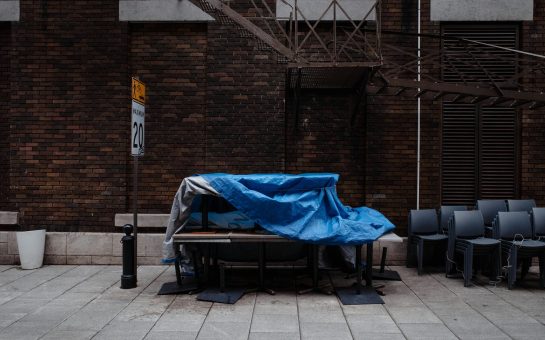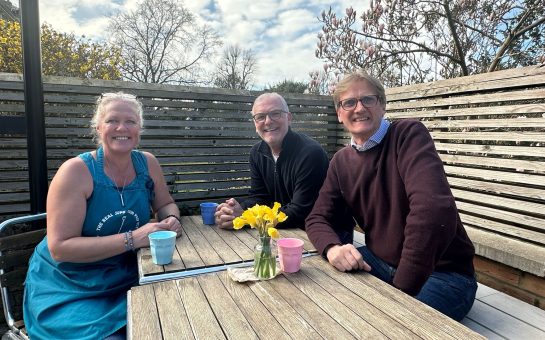A Richmond based charity is helping to provide housing for vulnerable older people across the borough.
The Richmond Charities provides accommodation for economically insecure people 65 or over, with 140 properties across ten estates in Richmond and Twickenham.
Last year, Age UK found two million pensioners lived in poverty, a 31% increase from 2013/14 and in 2018, the charity found 2,500 people aged 60 or over were officially homeless.
Juliet Ames-Lewis, the chief executive of The Richmond Charities, said: “When people come to need housing with us, they’re often very vulnerable, they’ve often fallen on hard times.
“It can be very difficult when you find yourself without a roof over your head.
“We’ve opened two new estates in the last three years and all the new housing is level access, so no stairs.
“We’re doing what we call future-proofing so that these will hopefully be homes that the elderly can continue to live in for the rest of their lives even if they have mobility issues.”
However, the listed status of older almshouses means making alterations is difficult.
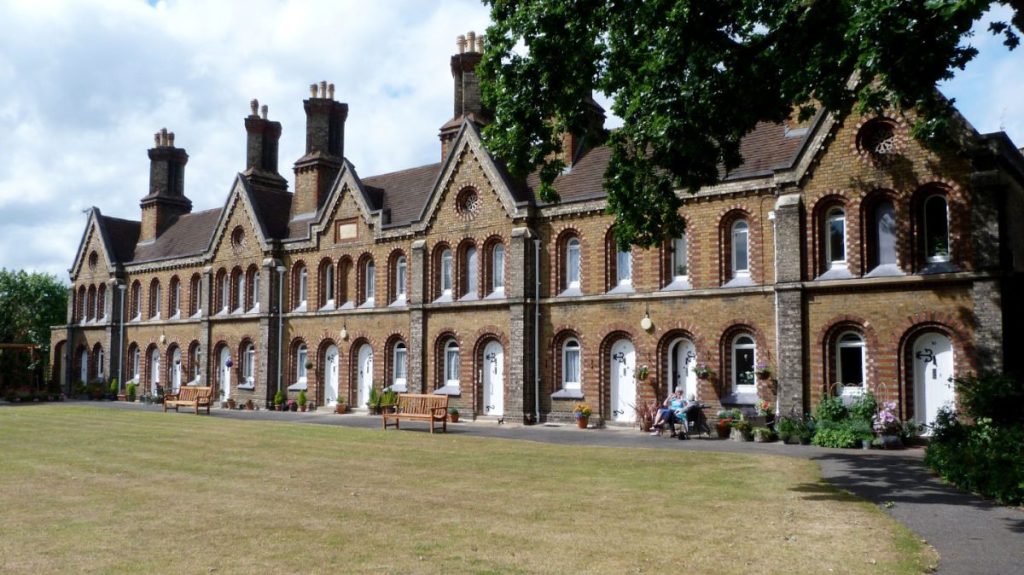
The cost of living impact on The Richmond Charities
The impact of the cost of living crisis on the charity has been stark.
Ames-Lewis explained: “The cost of energy is the biggest issue for us, which is why we’ve spent the last two years putting as much insulation into properties as we could.
“We gave a grant of £250 to every single resident earlier this year which cost us about £40,000.
“We may need to do that again if the winter is very harsh.”
A charity’s success is defined by its links to the community and Ames-Lewis highlighted the success of the charity’s advertising.
She said: “We work very closely with other organisations throughout the borough: Age UK, Citizens Advice, Richmond Aid. There’s a myriad of voluntary organisations and they work with us and refer to us.
“But I think what’s really important now is that Richmond Council recognises that it’s not just the number of units of housing you need in any borough, it’s the range, it’s the variety.”
How local government supports vulnerable older people
How effectively does Richmond Council work with voluntary organisations?
Piers Allen is a Liberal Democrat councillor for West Twickenham and Chair of the Adult Social Services, Health and Housing Committee.
Allen said: “It looks likely that even with the aids the government has given, there are going to be lots of people worried about putting on their heating at home.
“We’re trying to work with charity sectors to find places in every part of the borough that could become warm hubs, so that’s working with churches, with the voluntary sector, with existing community boards.”
Allen also reported how the council assists charities through the Community Independent Living Services (CILS) fund, which different charities receive for their work.
Yet housing availability remains a challenge.
This is exacerbated by the council not owning its own housing stock, which is controlled by Richmond Housing Partnership.
Allen said: “Richmond Housing Partnership has our old council house stock and when there is housing available, we have certain rights to nominate individuals on the housing list.
“I think there are some issues that we need to work with them and understand in terms of how they’re helping to put in better insulation and reduce the energy costs for tenants.
“It’s also in terms of actually going back to the older housing stock and trying to work with their tenants and put in measures that reduce energy costs.”
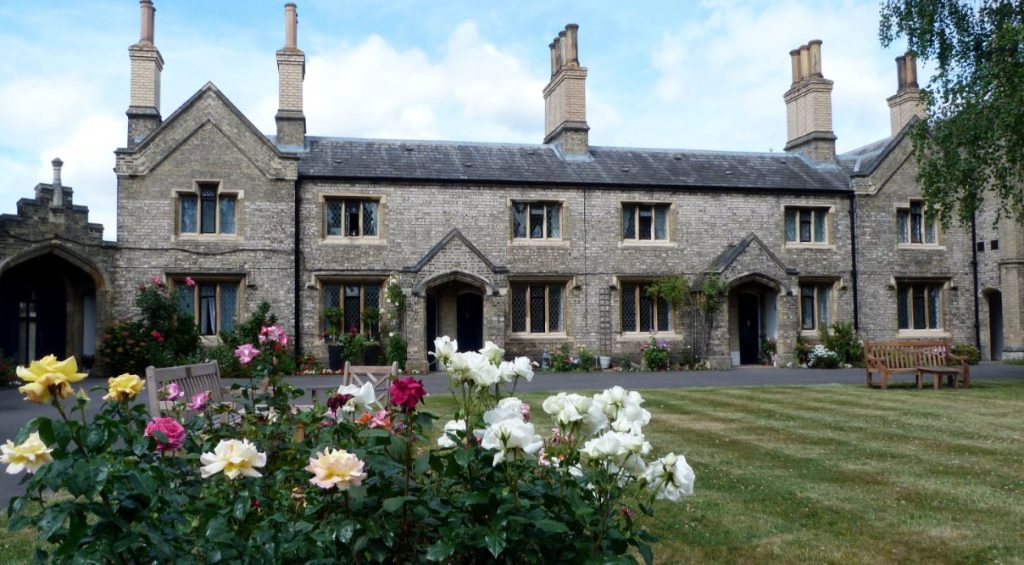
Improving home insulation
The importance of secure home insulation is a recurring theme.
Rachel Monaghan is the Programme Manager for Homes at the Centre for Ageing Better, a national charitable organisation ensuring all citizens enjoy a better later life.
Their research showed 80% of the homes in 50 years time have already been built, requiring necessary insulation and improvement.
Monaghan said: “In terms of homes, we know that there are just too many homes in our country that are in a really poor condition.
“And we’ve done some analysis and understood that people aged 60 and over – both couples and people who live on their own – are most likely to be living in homes that are the least energy efficient.
“So of course they’re going to be trying to heat their homes and a lot of that is going to be going out through leaky windows and up the chimney.
“There’s always a lot of focus on new homes and it is very easy to forget about the huge majority of homes are already there and if we don’t improve those homes they’re going to deteriorate.
“It’s also probably important to say that without improving our homes to make them more energy efficient, we’re never going to reach the government’s net zero target.”
The Centre for Ageing Better endorses a national retrofitting programme to improve energy efficiency.
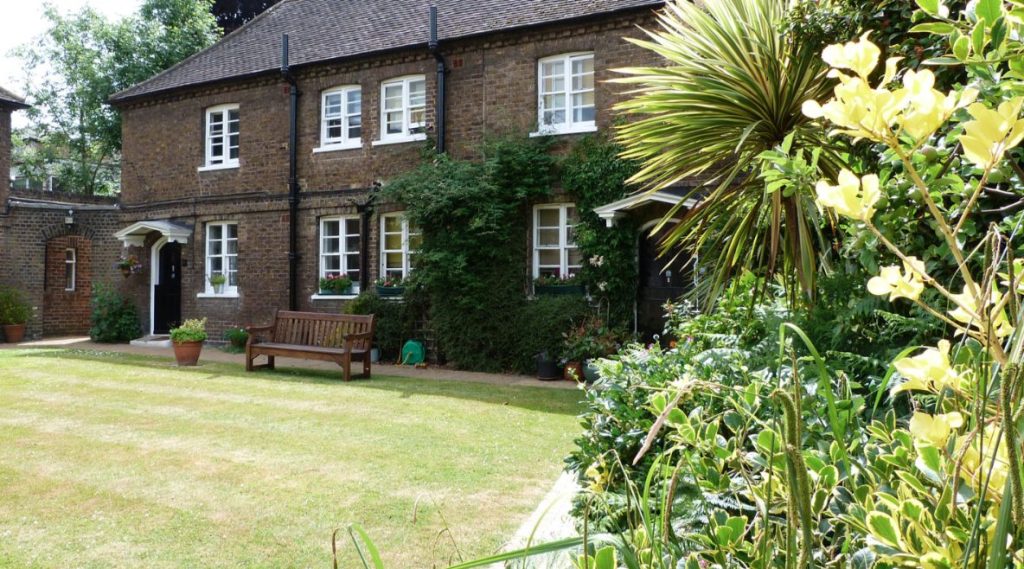
Making houses age-appropriate
The support The Richmond Charities offers to older people needs to be reflected across the country.
Professor Les Mayhew is head of Global Research at the International Longevity Centre UK, a global think tank promoting lifelong individual wellbeing.
He argued a key component of wellbeing is age appropriate housing.
Mayhew said: “People now recognise older people’s housing: they need access to care, they need on-site wardens who will look after their interests, they need amenities, they need places to socialise.
“The energy efficiency of the UK’s housing stock is inadequate. I think there’s an underlying issue which is the construction of housing and existing housing stock in this country, which is very poor from a thermal efficiency point of view.
“Most houses should be in thermal efficiency category A but a lot of the private housing stock is going to be C, D or even E which means that lots of these houses are going to suffer from cold spells in winter, damp, all sorts of problems.”
Campaigners for more housing generally advocate building new properties for first time buyers. Mayhew, however, says building more retirement homes will benefit all age groups.
He added: “I certainly think not enough retirement housing is being built at the moment.
“If more retirement housing was built, it would actually ease the impact on first-time buyers, who are being shut out of the market.”
Given The Richmond Charities’ huge success, how could the charity move to the next stage?
Ames-Lewis said removing red tape for improving buildings would help.
She said: “The planning hurdles that planning departments in all councils put in the way is quite restrictive.
“We’re about to – hopefully next year – start building on a very small block of just five new almshouses on a site we already own but I’ve already had to spend about £50,000 with all the surveys the planning authorities make us go through.”
All four interviewees said strong communication between the state, private and voluntary sectors was important, to ensure they were able to work together cohesively and support housing older vulnerable people.
Ames-Lewis added: “We’re all working for the same aim.”
Featured image credit: Noah Keate
